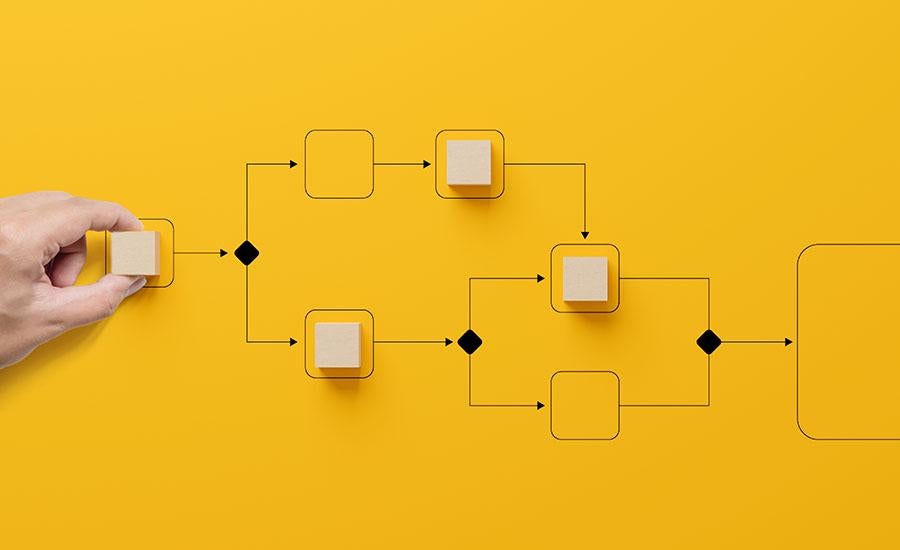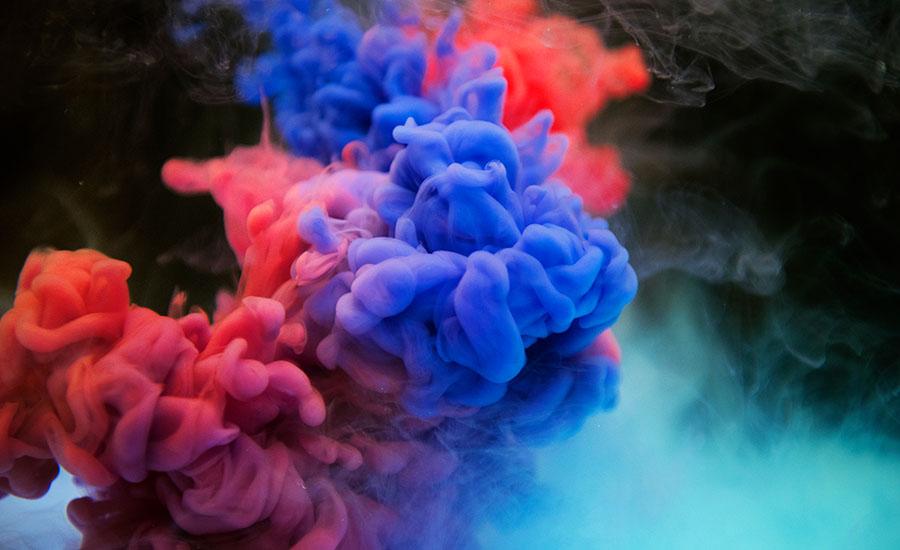In this engaging lesson, students will develop an understanding of how solar panels convert sunlight into electrical energy. They will investigate factors affecting the amount of electricity generated
Students will gain knowledge about Arizona's geography, culture, and history through the book "Santa is Coming to Arizona." They will develop basic programming and problem-solving skills by
Penny Pendulums
This is a simple and effective lesson that explores the science behind pendulums. Students make a basic pendulum to explore the variables of mass and string length and compare results to their
Teachers will be introduced to the VEX V5 Robotic Platform. We will start with an Introduction to robotics and how robotics is used in industry. Students will understand the key resources they will be
This lesson plan focuses on Torque, assuming prior knowledge of Rotational motion, angular velocity, angular acceleration, and Newton's Laws for linear motion. It also introduces Newton's laws for
This lesson assumes prior knowledge of basic electricity and magnetism concepts and focuses deeply on Induction. Levels adjusted for 9th to 12th grade, dual enrollment and AP Physics.
This unit has lessons which will introduce students to phenomena we encounter in the real world. Students will learn about high interest phenomenon through hands-on investigations. Students will
This thematic unit has lessons which will introduce students to phenomena we encounter in the real world. Students will learn about high interest phenomenon through hands-on investigations. Students
This hands-on lesson digs deeper into the study of weathering and erosion. It should be taught after students have an understanding of the sun’s energy and some of the ways it impacts the Earth. The
Students will build and use an anemometer to calculate wind speed and then use the wind speed to determine the affect wind has on temperature and the temperature that you feel (wind chill). Students
What does polarized light mean? How can some light waves be blocked while other light waves are transmitted? This lesson plan explores the phenomenon of polarized light and how light waves interact
How do light rays reflect and refract? Does light travel at different speeds in different mediums? This lesson reviews how light waves can be reflected and refracted, and how light waves can change
Students will use their knowledge of Newton's Laws of Motion to design and build a "ski jump" for a Sphero Bolt. This activity can be used for Science, Social Studies, Engineering, and (possibly)
Students will design, draw, and animate a character. The character can be as advanced as an anime type character or as simple as a stick figure, I will also provide pre-created character templates for
In this hands-on lesson, students will conduct an experiment measuring and comparing temperatures using an IR Temperature gun around the classroom. Students also explore careers where an IR
Students need to learn basic internet safety, which starts with developing strong login and site passwords before doing any research on the internet. Creating and managing strong, secure passwords is
This lesson utilizes a digital level to provide real-world applications of slope and angle measurements. Making connections to careers and practical applications enables students to answer that
This lesson will allow students to measure the health of the water from sources in their community or everyday life. Students will measure the pH from different sources using test strips and a color
In this hands-on lesson, students create solid fuel rockets to explore the idea of parabolic motion and outside factors which can affect the path of a rocket. This lesson has enrichment involving the
In this engaging lesson, students will connect the path of a straw rocket to the arc of a parabola. By changing the angle of the launcher, they will discover the relationship between distance and
Students will dive into the world of three-dimensional structures, shapes, and basic engineering principles through this hands-on lesson using Magna Tiles.
A lesson on what diabetes is, what is the difference between Type 1 and Type 2 diabetes, creating a food diary, how the sugar gets into cells, how to count carbs, and how people with Type 1 diabetes
This lesson provides context for the 6th grade physical science standards dealing with matter. It enables students to anchor their learning in real world issues as they combine data literacy and art
Students will create a community city by applying the concepts of area and perimeter using geometry shapes. This hands-on lesson incorporates the engineering design process and gives students an
Featured Lesson Plans
Check out these notable lesson plans.

Math Magic through Coding!
In this 2nd grade STEM lesson, students will learn how symbols (directional arrows) can be used to program an object's movements. They will develop an algorithm using a sequential graphic organizer to

Intro to MS Make Code (Eat the Food)
MS MakeCode is the perfect stepping stone into the world of Scratch. Students will be able to create a working video game in one class period. As we all know classic video games were not built over

Kill the Dyes
In this lesson students will discover harmful effects and chemical makeups of artificial ingredients, specifically food coloring and red dyes. Students will experiment with and demonstrate capillary


